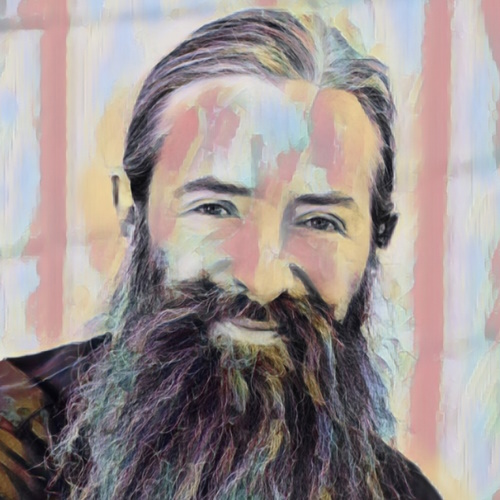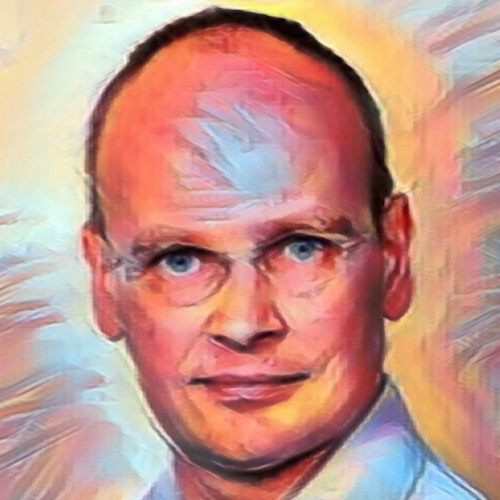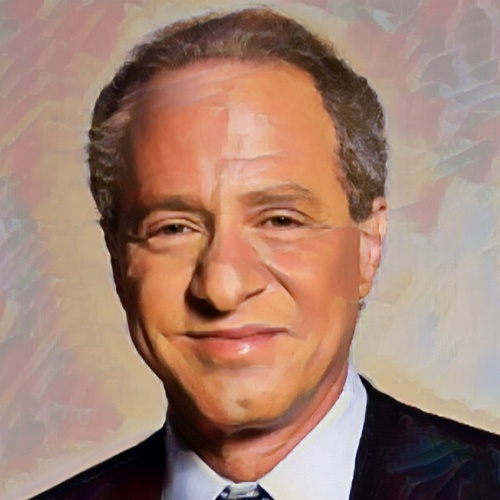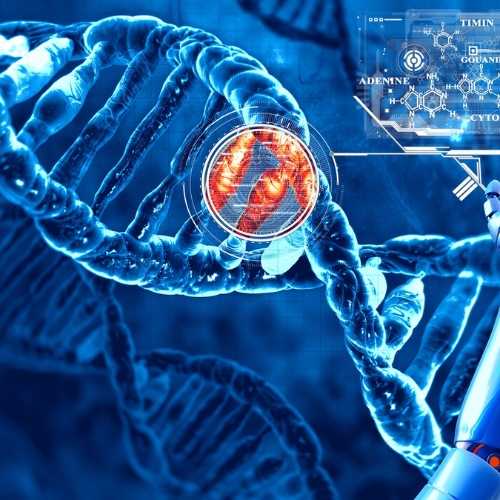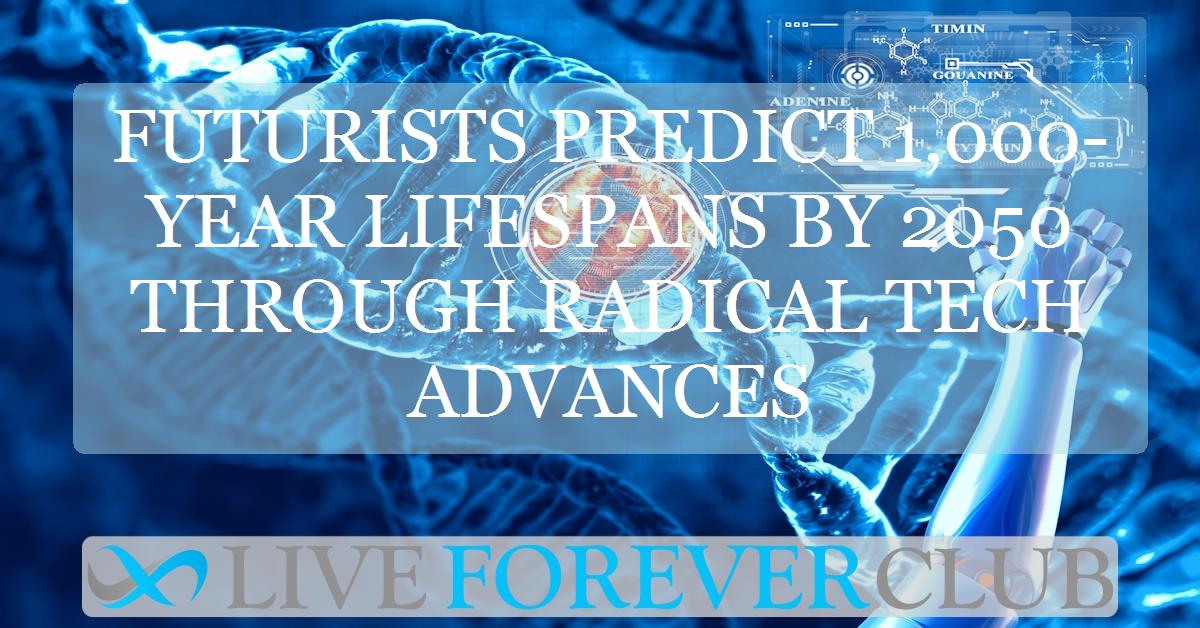Key points from article :
Futurists predict that by 2050, humans could achieve lifespans of up to 1,000 years, a concept they call “practical immortality.” Unlike mainstream longevity researchers who focus on slowing biological aging, figures such as Ray Kurzweil, Ian Pearson, and Aubrey de Grey envision radical lifespan extension through advances in artificial intelligence, robotics, nanotechnology, and digital consciousness transfer. Kurzweil, for example, foresees the AI-driven singularity arriving by 2029, with full human-machine integration by 2045, enabling cloud-based minds and enhanced collective intelligence millions of times greater than today’s.
This vision stems from a “techno-optimism” philosophy that sees technology as humanity’s primary driver of progress. Supporters like venture capitalist Marc Andreessen argue that technological innovation has always been central to civilization’s success. However, critics caution that such optimism risks overlooking the political, economic, and environmental consequences, and may privilege the wealthy, who are more likely to access these future technologies. They stress that challenges like poverty require multi-faceted approaches beyond purely technological solutions.
Ian Pearson predicts that early adopters—likely the wealthiest—could extend their lives through genetic engineering, robotics, and virtual or artificial bodies that bypass biological aging. Over time, these advances might become more accessible, alongside breakthroughs in curing diseases, reversing cellular damage, and restoring health at the molecular level. Similarly, Aubrey de Grey believes aging itself could be treated like a disease by mid-century, freeing humans from its current inevitability.
While such longevity raises questions about human motivation over centuries-long lifespans, de Grey dismisses the idea that ambition depends solely on mortality. He notes that young people today are not driven by the prospect of imminent death, suggesting that a thousand-year life might not erode drive or purpose—though how the human psyche would adapt remains an open question.
